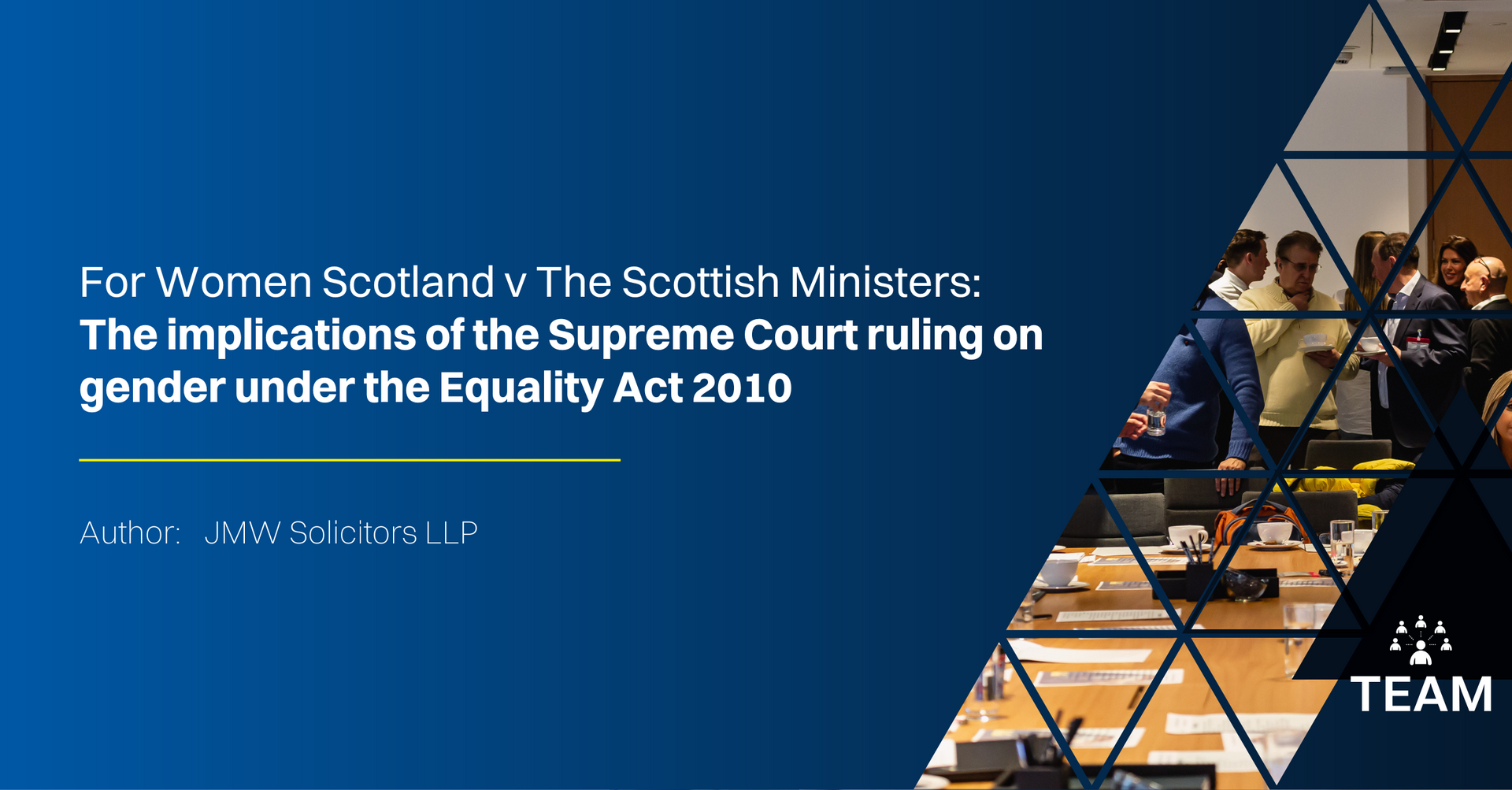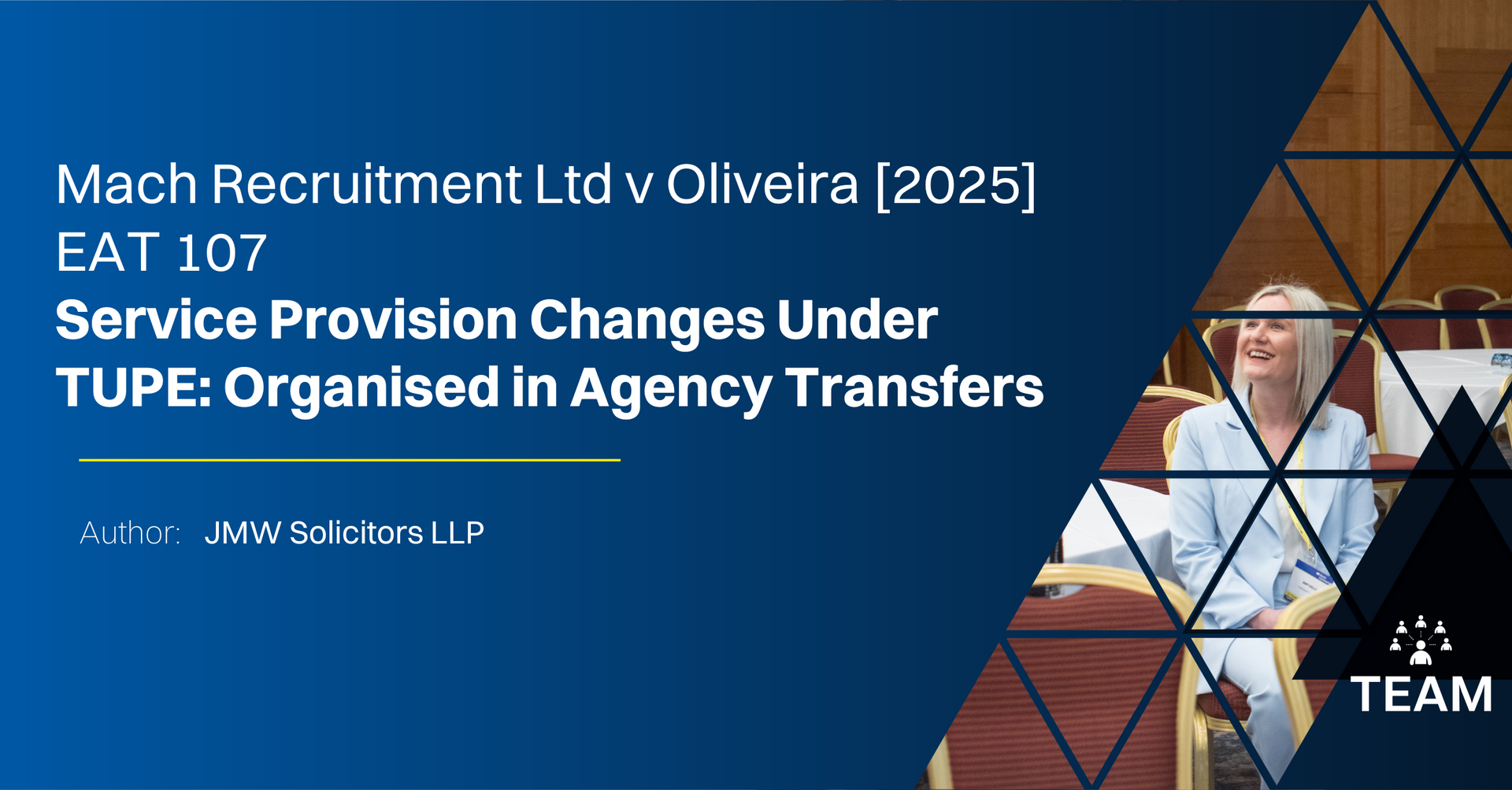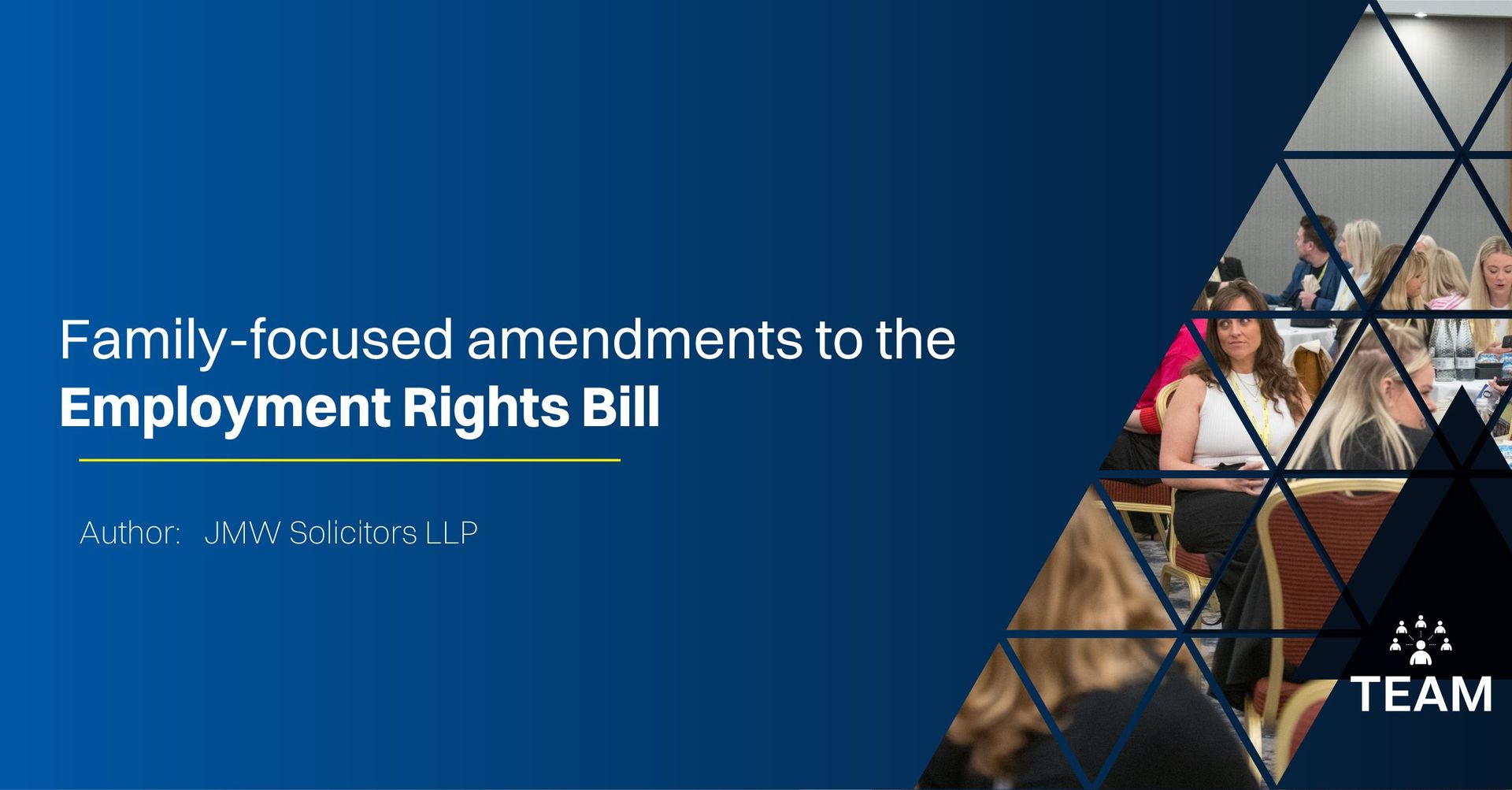Liquid Friday, a leading provider of payroll and contractor support services in the UK, is thrilled to announce a strategic partnership with Liberty Bishop International, a global expert in international contracting, employment and payroll solutions. This collaboration aims to empower UK recruitment agencies to secure and deliver international contracts with ease and efficiency.
In today’s dynamic global markets, the demand for international talent placement is growing rapidly. UK recruitment agencies are increasingly seeking opportunities to expand their services beyond domestic borders, but the complexities of international payroll and compliance have often been a major hurdle. This partnership will bridge this gap by providing comprehensive solutions to streamline the process whilst maintaining the exceptional customer experience contractors and clients have come to expect from Liquid Friday.
Liquid Friday brings a wealth of experience and expertise in payroll, compliance and contractor support services. Their range of integrated services enables UK recruitment agencies to efficiently fund, manage and pay their workforce, ensuring legislative compliance and delivering an exceptional contractor experience.
By joining forces with Liberty Bishop International, a company renowned for its global payroll expertise and international reach, the two organisations are poised to provide a complete solution for agencies looking to operate on the global stage.
A partnership for international success
Liberty Bishop International’s deep knowledge and experience in international payroll will complement Liquid Friday’s existing services, enabling recruitment agencies to manage payrolls for contractors across the globe.
The partnership will provide recruitment businesses with the tools and knowledge needed to navigate complex international tax and legal compliance, ensuring they can operate within the legal framework of each international market they engage in. The partnership will empower agencies to offer a seamless experience to their international contractors, boosting their reputation and competitiveness in the global market.
Joe Taffurelli, COO of Liquid Friday, expressed his excitement about the partnership:
“We have wanted to facilitate international payroll for our agency clients for some time, but it was crucial for us to find the right strategic partner. Liberty Bishop International’s focus on client and contractor relationships and experience allows us to deliver this in alignment with our group vision of “Building a Better Workforce World”. By combining our strengths, we can offer a comprehensive solution for international payroll and compliance, empowering agencies to compete and succeed on a global scale.”
James Barron, Sales Director or Liberty Bishop International:
“We are very pleased to have been appointed and entrusted by Liquid Friday as their strategic international partner to service their valued recruitment businesses and clients for their international projects and contractors. It’s always been paramount for us to work with companies that align with our values to provide the best experience and service to all partners and customers. We look forward to building a long-lasting and successful business relationship with the Liquid Friday team”.












